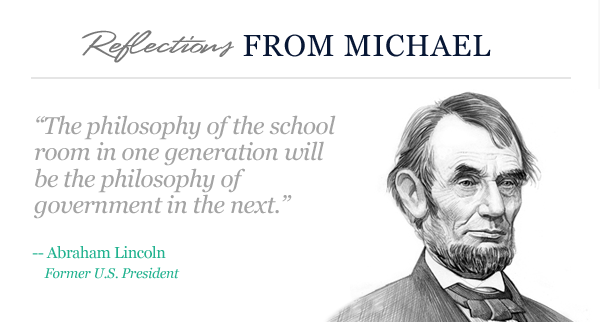
Market Insights:
January 2, 2024
Posted on January 02, 2024
Planning and Guidance, Tailored To Your Life and Goals
Tuesday Takeaway
Posted on March 09, 2016

“Thank goodness the mid-February fears of recession that brought markets to their knees – and the 10-year Treasury yield to a low of 1.53 percent – were overblown. Friday’s nonfarm payrolls report was the latest confirmation. It showed that 242,000 jobs were created last month, far more than expected and up from the previous month’s reading, which was itself revised higher.”
The employment data weren’t all positive, though. Average hourly earnings declined when it was expected to increase and the number of hours worked was lower, on average, than it has been for two years. Regardless, The Wall Street Journal said employment, consumer, and business spending reports helped calm investors’ fear the U.S. economy was losing momentum. Some investors sold bonds, which helped push the yield on 10-year Treasury notes higher. Investors also were encouraged by last week’s oil price rally, according to CNBC. A better demand outlook, coupled with cuts in supply, boosted oil prices by 9.5 percent in one week. U.S. stock market performance reflected investors’ renewed optimism. USA Today said, “Stocks have rebounded from their worst start to a year ever, with the benchmark S&P 500 trimming its year-to-date loss to 2.15 percent after being down by more than 10 percent on February 11.” At the end of last week, the Standard & Poor’s 500 Index was about 6 percent below its record high.
“…parents with stepchildren are considerably less likely to include all of their children than are parents who have only biological offspring. This is more true for women with stepchildren than for men with stepchildren. Divorced and widowed parents are even less likely to divide their assets evenly if they have stepchildren.”
The blog reported there were some mitigating factors. Wealthier parents were more likely to include stepchildren and children with whom they had little or no contact during their lifetimes than less wealthy parents. However, parents who suffered from poor health were less likely to divide their estates equally. Bequests sometimes were used as an incentive to provide long-term care. Since children may interpret unequal inheritance as an expression of unequal love, why do parents play favorites? Researchers at Ohio State University delved into the question in 2003 and reported altruism (equalizing income differences among children), exchange (bequests in return for services), and/or evolution (bequests to biological children rather than adopted or stepchildren) played a role when distribution of assets was uneven. ]]>
]]>